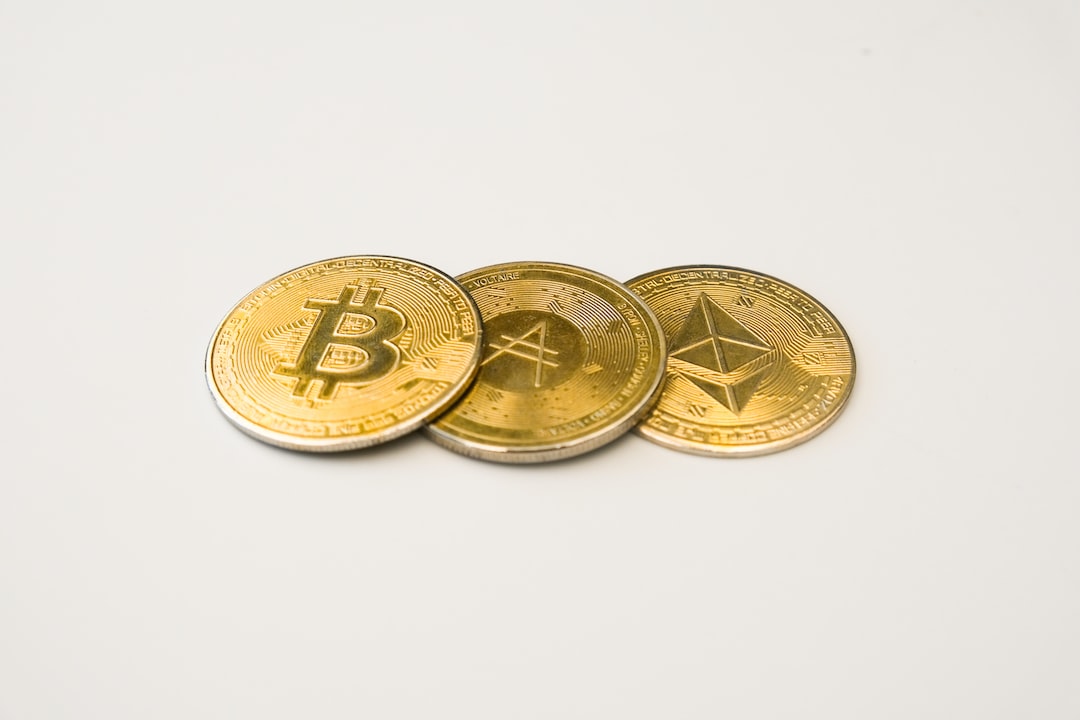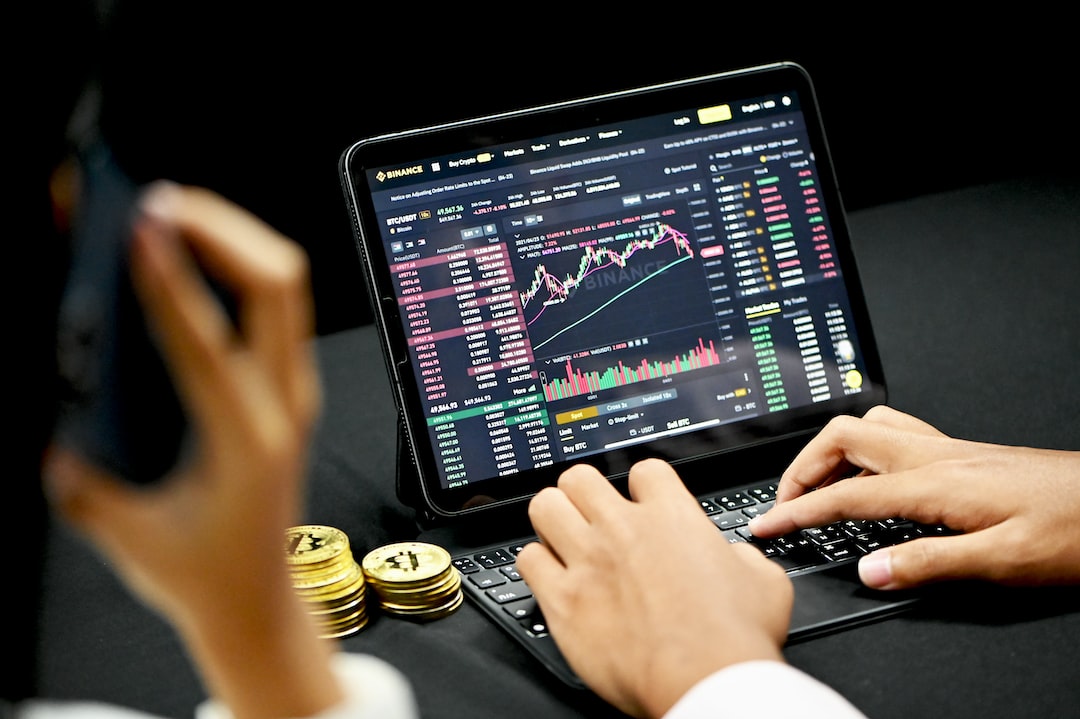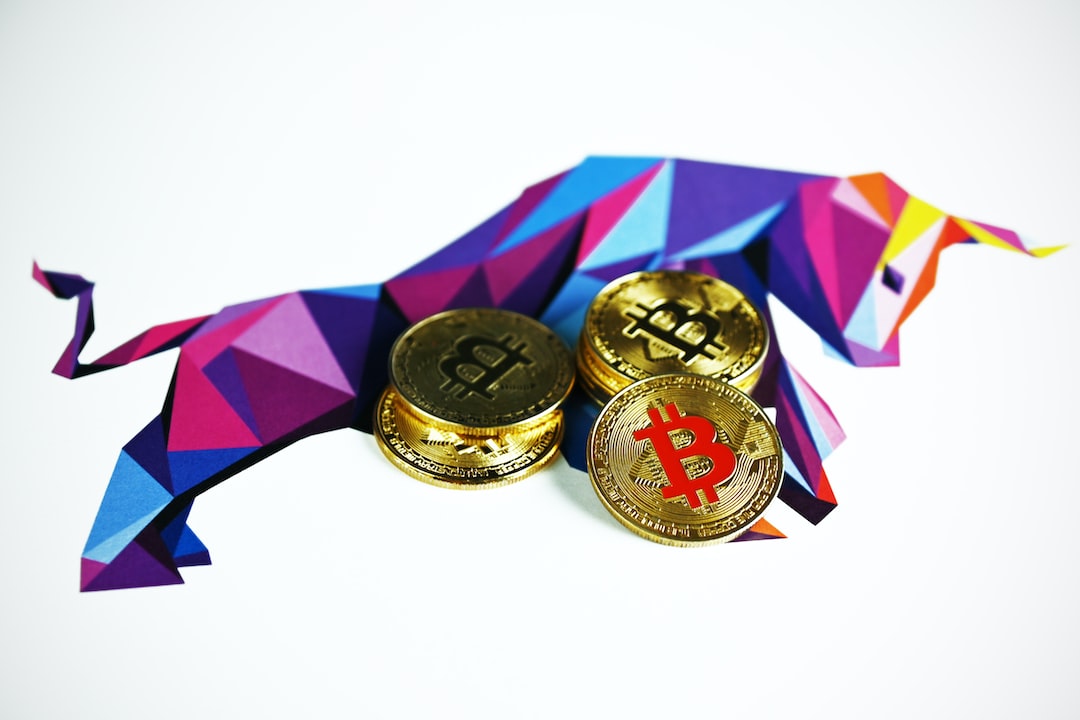Federal Judge Rules AI-Generated Art Not Eligible for Copyright Protection
A federal judge has ruled that images created by artificial intelligence (AI) are not eligible for copyright protection. The ruling came in the case of Stephen Thaler, CEO of neural network firm Imagination Engines, who sought to have art created by an AI copyrighted. The judge stated that U.S. copyright laws only protect human creations and that art cannot be devoid of human interaction. The case was a limited holding, and the question of whether a creator using an AI can obtain copyright for the resulting creation remains unanswered. The decision has sparked discussions on the future protection of AI-generated works and the level of human interaction required for copyright eligibility.
Main Points:
- A federal judge has ruled that AI-generated art is not eligible for copyright protection.
- U.S. copyright laws only protect human creations.
- The ruling is a limited holding and does not address whether a creator using AI can obtain copyright for their work.
- Future cases will likely address the level of human interaction required for copyright eligibility.
- Previous court rulings support the judge’s decision that only works originating from human intellect qualify for copyright.
Hot Take:
This ruling sets a precedent that AI-generated art is not entitled to copyright protection. However, it leaves open the question of whether a creator using AI can obtain copyright for their work. As AI technology continues to advance, it is crucial for the courts to address the level of human interaction necessary for copyright eligibility. This decision will likely fuel further litigation surrounding AI and its impact on copyright law.





 By
By
 By
By
 By
By
 By
By

 By
By